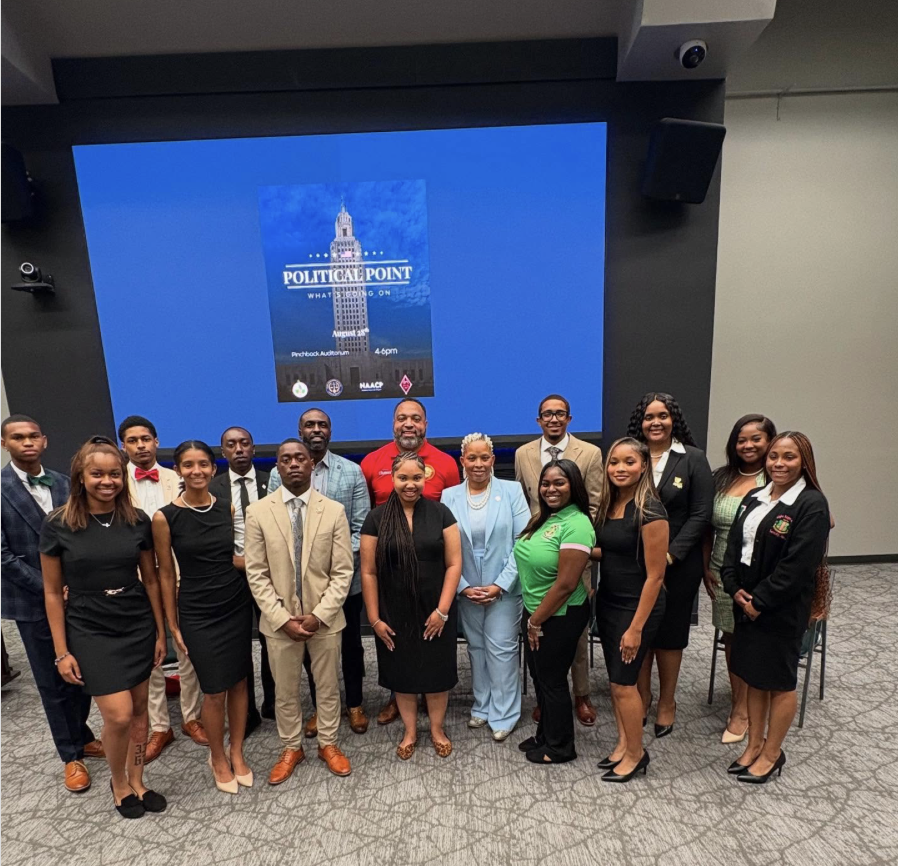When new students are introduced to college life, new experiences such as independence and lasting friendships are alluring aspects that are welcomed. But other temptations, such as the dangerous and underestimated consumption of alcohol, are becoming a greater enticement.
For many college students, alcohol may only be consumed socially during parties and going out with friends. But, for some students, alcohol is a part of their daily lives.
“Most college students are binge drinkers. For men, this is drinking five to six drinks in a row; and women are drinking three to four drinks in a row,” say Alysius Allen, a counselor with the Southern University Counseling Center.
According to Allen, this type of drinking among college students takes place mostly over the weekend. Whether daily drinking or binge drinking, these activities can take a toll on a person’s daily life.
“A student with a drinking problem may miss classes and get poor grades,” says Allen. Besides the effects in the person’s school life, alcohol can take a dangerous toll on a person physically.
Cirrhosis, the hardening of the liver, is a very dangerous condition that severely damages liver functions.
“The liver is probably the most active organ in the body. It can repair itself after 50 percent of damage. But, after that threshold is crossed, then it doesn’t,” says Dr. Peter Dawson, a physician with the Southern University Baranco-Hill Health Center.
Determining how much alcohol is too much depends on the person. “You can not take alcohol continuously on a regular basis. If you do, you become addicted to it,” says Dawson.
Among alcoholism’s effects on the body, it can severely affect a person’s interactions with their family and friends.
The first step to fighting alcoholism is getting help. “If a student needs help, they can come to the Counseling Center. We will do an assessment,” says Allen.
Once the assessment is finished, the Counseling Center will take the appropriate actions to help the student, such as referring them to Alcoholics Anonymous meetings.
According to Allen, the most important step in receiving help is the person desiring to receive it. “The person has to want the help,” he said.
If you or someone you know is suffering from alcoholism or is developing an alcoholism problem, please seek help. Also, you can receive help from the Counseling Center. In either case, immediate attention is warranted.
Categories:
Binge Drinkers
February 22, 2002
0
More to Discover





